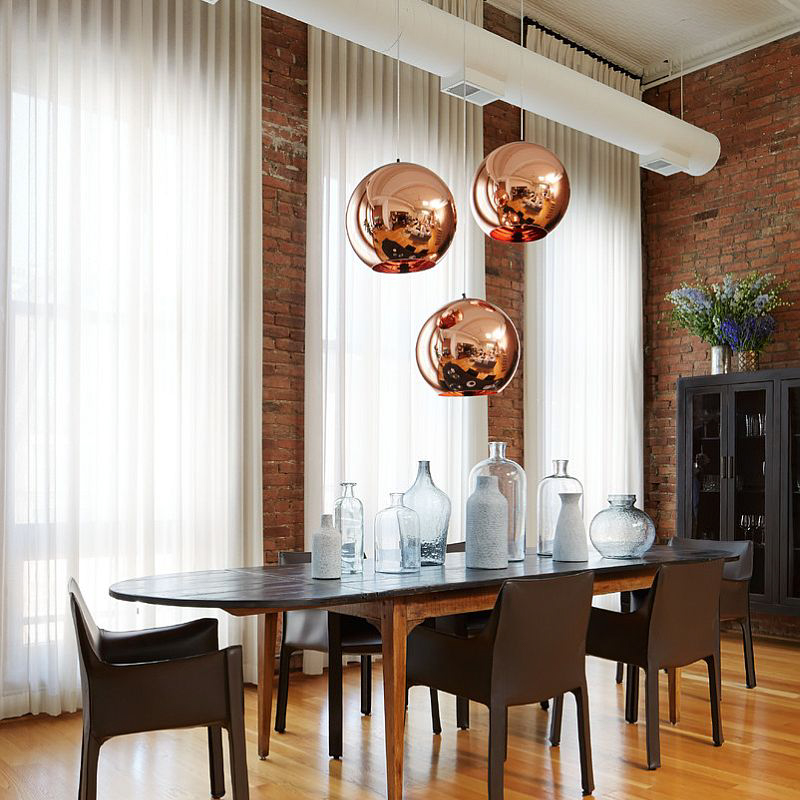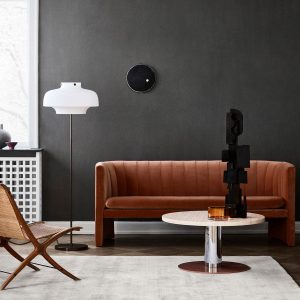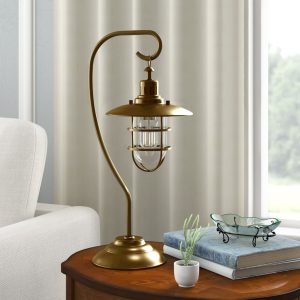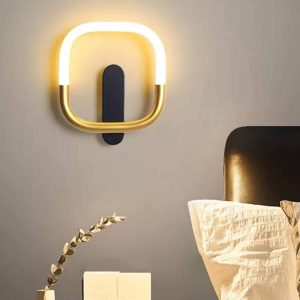
Uchiwa lamps are a beautiful example of traditional Japanese craftsmanship that combines form and function to create a unique, practical, and beautiful piece of art. Over the years, these lamps have gained popularity in home décor worldwide, and many people appreciate the beauty and artistry of these lamps. In this article, we explore what makes Uchiwa Lamps so special and why they are an excellent addition to your home.
What are Uchiwa Lamps?
Uchiwa lamps are traditional Japanese table lamps made from paper and bamboo. They are usually circular or oval-shaped and have a handle for easy carrying and maneuverability. Uchiwa, in Japanese, means hand fan, and the shape of the lamp resembles a closed hand fan. The bamboo frame is designed to support the shape of the lamp, while the paper shade diffuses light to create a warm and soothing illumination.
The History and Cultural Significance of Uchiwa Lamps
Uchiwa lamps have a long and rich history in Japan. They were originally used as portable lighting sources during outdoor events or festivals. The lamps were designed to be easy to carry, durable, and lightweight. Over time, the lamps also became common household décor items, found on tables, shelves, and other surfaces in homes.
In Japanese culture, Uchiwa lamps represent beauty, simplicity, and elegance. They are a symbol of the traditional Japanese craftsmanship that has been passed down through generations. In many homes, Uchiwa lamps are used to create a calming and peaceful atmosphere, enhancing the harmony and balance of the space with their warm and diffused light.
The Making of Uchiwa Lamps
Uchiwa lamps are handmade by skilled artisans who use traditional techniques and tools to create each lamp. The process involves several stages:
Frame-making
The frame is the foundation of the Uchiwa lamp. It is made from thin strips of bamboo that are carefully selected and cut according to the desired shape and size. The bamboo strips are then bent and shaped to create the frame structure.
Paper-making
The paper used for Uchiwa lamps is called washi. It is a handmade paper that is strong, lightweight, and translucent. The paper is made from the bark of the mulberry tree and is processed using traditional methods. The paper is cut and shaped to fit the frame structure.
Assembly
The frame and the paper shade are assembled by hand, with layers of glue and paper added to ensure a secure and durable bond. The handle is also added during this stage.
Why Choose Uchiwa Lamps?
Uchiwa lamps are a unique and beautiful addition to any home décor. They are versatile and can be used in various settings, from traditional to contemporary. Here are some reasons why Uchiwa Lamps are a popular choice:
Beauty and Elegance
Uchiwa lamps are crafted using traditional techniques that have been passed down through generations of skilled artisans. Each lamp is unique and has its own character, making it a one-of-a-kind piece of art for your home.
Warm and Soothing Light
The paper shade of Uchiwa lamps diffuses light to create a warm and soothing glow that is perfect for creating a calm and relaxing atmosphere in your home.
Enhances the Aesthetics of Any Room
Uchiwa lamps can be used in various settings, from traditional to modern décor. They add a touch of elegance to any room and can be used as a statement piece or a subtle addition to existing décor.
Uchiwa Lamps are a beautiful and practical example of traditional Japanese craftsmanship. They represent simplicity, elegance, and beauty and enhance any space with their warm and soothing light. If you are looking for a unique and exquisite piece of art for your home, consider investing in an Uchiwa lamp to experience the beauty and artistry of traditional Japanese design.







